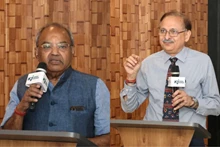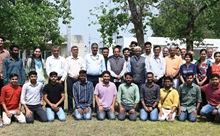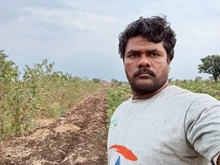
Mitigation measures are steps taken to minimize and limit greenhouse gas emissions, whereas adaptation measures are meant to decrease vulnerability to the effects of climate change. Mitigation thus addresses the causes of climate change, whereas adaptation addresses its consequences.
At the centre of global climate discourse are the ideas of mitigation and adaptation. The term "adaptation" refers to providing financial and infrastructure support to nations that are most susceptible to the effects of climate change (coastal states, island nations). In order to prevent a rise in global temperatures of 0.5 or 1 degree Celsius from current levels, countries have historically fought over deadlines and upper emission limits for mitigation.
"Mitigation has always been our main priority. But equity and climate justice are fundamentally based on adaptation. The term 'climate finance' itself has not yet been defined when used in conversation. Action should be the main focus of COP-28, according to Nandan, who spoke at the World Sustainable Development Summit by The Energy Resources Institute.
"We need to talk a lot more about loss and damage and the process for making the loss and damage (fund) operational. India has firmly committed to sustainable development and resource conservation, she continued. The COP-27, which ended in Cairo in November 2022, was highlighted by the decision to create a Loss and Damages fund to compensate some countries for the harm already caused by climate change. Even though it is predicted to be worth at least USD 500 billion, there is no consensus on who will fund it.
The "global stocktake," or the time when signatories to the climate treaties are expected to update the world on the progress they have made in fulfilling their nationally determined contributions (voluntary commitments to reduce emissions and progress towards a 1.5 degree Celsius limit), the gaps and the way forward to closing them, is expected to be a major highlight of the Dubai COP, which is scheduled for November.
The technical phase of the global stocktake is about to end, but Simon Stiell, executive secretary of the UNFCCC, added that it is the political phase that needs to be elevated. He continued, "It can only be affected by the political will and support of all parties. With India assuming the G-20 Presidency, this is an ideal time to advance global issues. The Conference of Parties and climate treaties are built on the UNFCCC, or United Nations Framework Convention on Climate Change."











